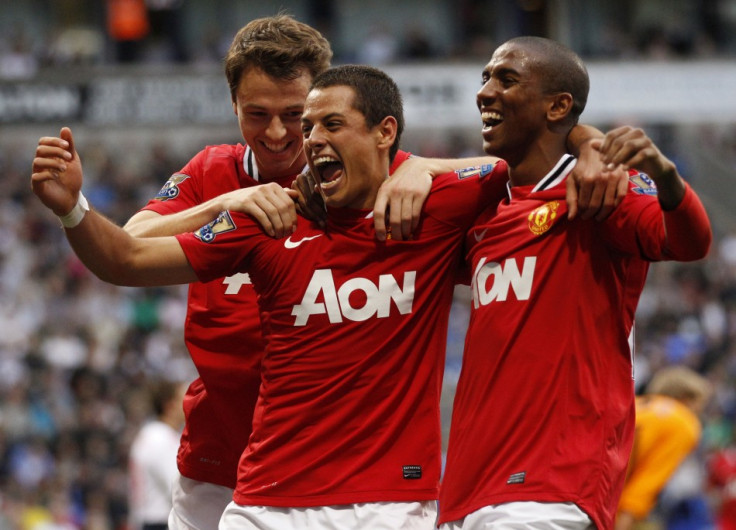Analysis: Manchester United Richest In England As Fan Loyalty Defies Recession
Numerous factors cause Spanish clubs to pull ahead, as recession trend is bucked by figures

Manchester United are the richest club in England, though Barcelona and Real Madrid kept their standings as the clubs with the highest revenue in world football.
The top 20 clubs earned €4.4 billion last season, and the trend went completely against the economic downturn, which Deloitte themselves put down to supporter loyalty.
"Continued growth of the top 20 clubs during 2010/11 emphasises the strength of football's top clubs, especially in these tough economic times," Dan Jones, Partner in the Sports Business Group at Deloitte, explained.
"Whilst revenue growth has slowed from 8% in 2009/10 to 3% in 2010/11, their large and loyal supporter bases, ability to drive strong broadcast audiences and continuing attraction to corporate partners has made them relatively resilient to the economic downturn."
Sport is well known for being one of the few businesses to continue to do well during a recession, along with the likes of gambling, drinking, cinema theatres and debt collectors.
But is it a case of loyalty from fans, or an escapism like that which alcohol and gambling provide during an economic downturn that is keeping the biggest clubs in Europe afloat?
Sport has always lent a helping hand during economic recessions to help people see the brighter side of tough times.
But it was thought by some, including the European Business Review, that this recession may have come on so strong that sport might be unduly affected by the downturn in economic activity.
"One can recall the old adage that when America sneezes, others catch a cold," Simon Chadwick, Professor of Sport Business Strategy and Marketing at Coventry University, said as the recession took on the UK.
"In this case, the United States is not just sneezing, it is coughing, spluttering and running a fever, something we should all be fearful of. In sport, there is a great deal of poignancy to this; the US is home to some of the biggest, most commercial and richest sports in the world."
But looking at the figures for Barcelona's earnings, for example, it would seem that broadcasters and other means have helped the Spanish side not only maintain their sky high revenue, but significantly improve it.
In the 2007/2008 season, Barcelona brought in revenue of £244.4 million. The side were third on the list, with Manchester United edging out their counterparts at £257.1 million. Fast forward to 2009/2010, and the Catalonians were quickly catching up to United (£327.0 million) with earnings of up to £325.9 million.
In 2010/2011, Barcelona earned £398 million, and further cemented their place ahead of United, who could now boast £349 million going into the bank.
Barcelona, and Real Madrid's, earnings will continue to increase compared to their English counterparts due to a few factors; one no doubt being that the Pound has become weaker when compared to the Euro over the last four years.
Another would be their television rights, which are worked out differently to English football clubs. Real Madrid and Barcelona, being the biggest clubs in Spain, get far more money than their La Liga competitors because comparatively, they have far more of their games shown on television.
English football, meanwhile, is set in being completely equal amongst the Premier League clubs on giving out revenue, no matter who gets shown more or less on television.
Liverpool is a big critic of this aspect of the Premier League, but other giants Manchester United and Arsenal are in support of it, as it has the effect of equalising the league.
Champions League is the last factor in which Barcelona in particular have pulled ahead, with the club winning twice within the past three seasons. In 2010-2011 alone, the club took in around £42.59 million just from this particular tournament.
Manchester United will likely fall further away when this season's figures are released next year, with the club dumped out of the Champions League before the final 16.
© Copyright IBTimes 2025. All rights reserved.




















